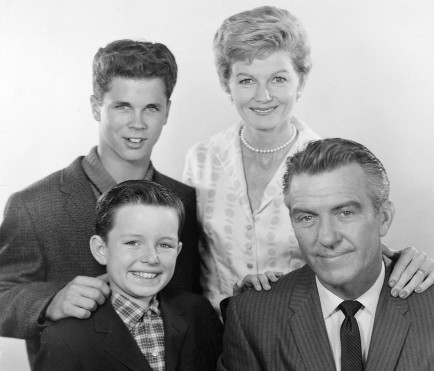
As I was pondering what to write for International Women’s Day, I recalled a conversation I had with my mom maybe fifteen years ago. I don’t remember what started the conversation, but I remember her saying that she was a woman first and a person second, and I could not fathom that order, nor could she comprehend my saying that I am a person first and a woman second.
Now, mind you, we are only twenty-five years apart. She is a Baby Boomer, born during World War II. I am part of the lost generation, born between the end of the Baby Boomer era in the early 1960s and before the Gen Xers got started in the mid-1970s. That decade, 1963-1973, was not coincidentally the heart of the Vietnam War. The fact that my father was born during the Great Depression is what separates me, and others from the same period, from the Gen Xers both of whose parents are usually Baby Boomers. Because of these things, I think that my siblings and I got a mixed bag of values. On the one hand I cannot waste food and I tend to hold onto things that might be useful far longer than I should because you just never know when you might need it and the money to replace it might not be there when you do. On the flipside, it is a lot easier for me to get used to new technological advancements than it is for people born even ten years before me.

From the perspective of popular culture, this period had some powerful influences at work in terms of the portrayal of values. People born when I was started watching Andy Griffith (1960-1968) on television and ended up watching the early years of MTV (1981~). During this time gender roles were being questioned. Before this period, you had shows like Leave It to Beaver (1957-1963), with the suburban nuclear family and stay-at-home-mom who actually wore dresses to do housework; after, you have The Bionic Woman (1976-1978), with a cybernetic woman-turned-spy. Although a lot of the cultural questioning got shut down by the backlash of the 1980s, the effect of what came before remained. What is seen cannot be unseen.
Anyway, this is how I usually try to explain to myself how I came to see female as a fairly neutral term and gender roles as being a generational glitch rather than a God-given hierarchy. It helps that my parents treated my brother and sister and me pretty much the same and told us all we could do whatever we wanted in life. They didn’t bat an eye when my sister and I turned out to be good at Olympic-style target rifle or when my brother joined the cheerleaders (in order to, as it turned out, meet girls, since the cheerleaders for his all-boys Catholic high school went to my all-girls Catholic high school).
It probably also helps that I am white, because I suspect seeing any label as being potentially neutral is going to be a lot easier if what society sees as your primary label is privileged. Similarly being Christian (although for the first forty years Roman Catholic, which can have repercussions) and assuming I was purely heterosexual probably also made it easier not to question labels. And humans so love labels in part because they make it clear who is in and who is out, who can act in the space and who can’t. And sometimes, not knowing what you “can’t” do enables you to do it and then wonder what all the fuss was about.
But that suggests that a “lack” of perceivable labels means the unmarked category, and in gender terms, that pretty much means male. So I increasingly wonder whether my assumption that “person” is gender-neutral is true, or if really what I was saying to my mother was that I was a man first and a woman second, because I saw my ability to act in the world as my foregrounded identity and any restrictions based on feminine gender roles as my backgrounded identity
And how much of this is based on my really, really not getting femininity and its value on its own outside of the power structures that people apply to it to keep it from becoming too dangerous?